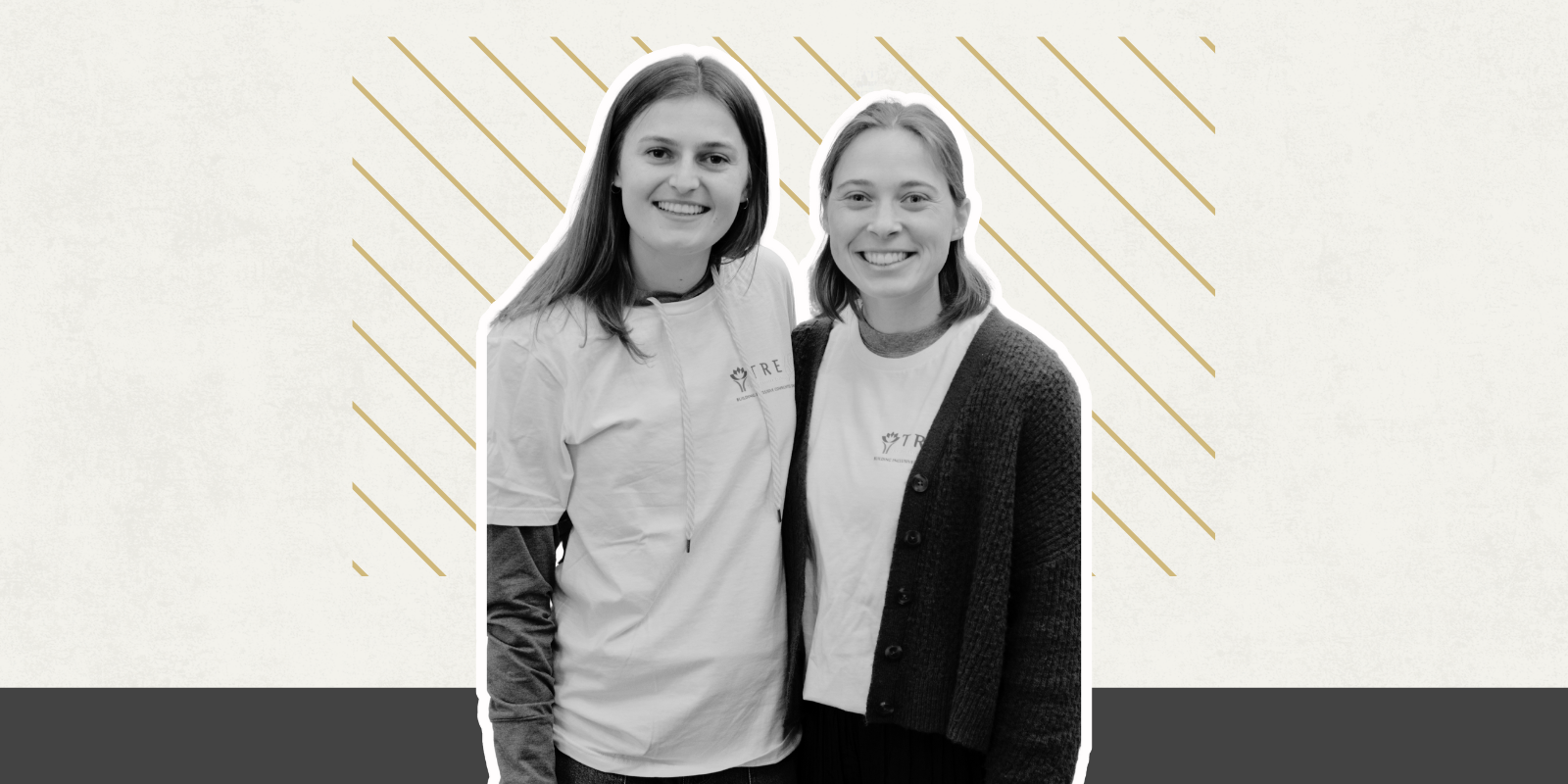Josina Romero O’Connell’s dream of being a doctor began when she was 3 years old, watching as her grandfather died in a small community clinic in a rural area of New Mexico halfway between Taos and Santa Fe.
“I still don’t know what he had. I’m guessing it was congestive heart failure, but I'm not sure,” O’Connell says. “He went into the clinic, and all my relatives said, ‘He’s not going to make it.’”
O’Connell asked her mother why her relatives kept saying that, and her mom told her it was because the community clinic didn’t offer a high level of care.
“I said, ‘Is that because we’re poor?’ And she said, ‘Maybe. I don’t know,’” O’Connell remembers. “So I told her I was going to be like (TV doctor) Marcus Welby and be a doctor to poor people. That December, she gave me my first toy doctor kit.”
Now an assistant professor of family medicine in the University of Colorado School of Medicine and director of the Colorado Area Health Education Center (AHEC), Josina Romero O’Connell, MD, has realized her dream. In recognition of her work on behalf of medically underserved communities in Colorado, she recently was named Denver’s Most Remarkable Woman for 2022 by Nexstar Media, parent company of Fox31 and Denver’s Channel 2.
A dream deferred
O’Connell’s journey to medicine wasn’t an easy one. She studied biology for two years at the University of New Mexico before transferring to Colorado College in Colorado Springs to continue pursuing her medical studies. She worked three jobs on campus at Colorado College and, unlike many of her peers, could not afford tutoring or prep classes for the Medical College Admission Test (MCAT). When she failed her first attempt at the test during her junior year, her advisor told her, flat out: “You’re never going to be a doctor.”
“He asked me if I was interested in nutrition, and he said maybe I could get a master’s in nutrition or something like that. He never suggested that I retake the MCAT,” says O’Connell, who is a member of an underrepresented minority group. “Being a doctor is all I wanted to do since I was 3. It was tough.”
So the dream went on the back burner for many years. O’Connell and her husband raised three children in Colorado Springs, where O’Connell worked as a teacher. One stormy winter night, when O’Connell was coaxing her reluctant middle child to go to symphony practice despite the nasty weather, he asked, “Mom, why do you push me so hard?”
“I said, ‘Because you have talent, and unless I push you, you’re never going to know how high a bar you can jump over,’” O’Connell remembers. “And he said, ‘That’s a lot coming from you. You never went to medical school.’ I was 40 at the time, and I remember walking into our house that night. My husband was in the kitchen, and I said, ‘Hey, I never went to medical school.’ In that instant, he said, ‘It’s your time. Let’s do it.’”
Back at school with a mission in mind
O’Connell studied and planned, and four years later she entered the CU School of Medicine on a National Health Service Corps (NHSC) scholarship that paid for her tuition in exchange for a commitment to serve in a high-medical-need area after graduation. At first, she felt out of place as a 44-year-old medical student, but the more she got to know her fellow students, the more their differences melted away.
“There were 144 students in this classroom full of these amazing young people. And I thought, ‘I’m just going to keep my head down, and I’m going to do what I need to do to get through the material,’” O’Connell says. “But that didn’t last more than three or four weeks. Medical school was the great leveler — you meet people, and it didn’t matter how old you were. And honestly, I wouldn’t be here if it wasn't for my friends in medical school. I’m still friends with them.”
O’Connell graduated from the CU School of Medicine in 2009. She completed her residency at the Saint Joseph Family Medicine Center in Denver, then took a position at the Salud Family Health Center in Commerce City to fulfill her commitment to give back after receiving the NHSC scholarship.
After a year at Salud she transferred to Denver Health, where her dream of becoming a doctor for underserved communities finally started to blossom. In addition to seeing patients, she served as director of Denver Health’s Healthcare Interest Program, which provides training and mentorship to students from underserved backgrounds to strengthen their medical school applications. Today, as a faculty member at the CU School of Medicine, she frequently runs into former students from the program who successfully applied to CU.
The long and winding road leads to her ultimate purpose
O’Connell continues to mentor students as a COMPASS Guide at the CU School of Medicine, coaching and guiding a small group of students through their medical school journey. She teaches medical students and residents at Denver Health as well.
O’Connell also serves as director of the Colorado AHEC, which connects the CU Anschutz Medical Campus with current and future health professionals in rural and urban medically underserved areas.
“Part of the AHEC mission is ensuring a diverse population of providers and distributing those providers in different regions to serve,” she says. “We know that if you’re getting care from people who look like you and talk like you and have the same culture and background as you, health care outcomes are improved for those patients.”
Mark Deutchman, MD, a professor of family medicine, was one of O’Connell’s instructors during her first year of medical school. Even then, he says, she made an impression.
“I was impressed with her life experience and the road she had traveled to medical school, having had a previous career as a teacher,” says Deutchman, who preceded O’Connell as director of Colorado AHEC and recommended her for the job when he stepped down. “The medical school has a variety of students, some right out of college, and some with a little more life experience. She impressed me as a person who knows where she’s been and where she’s going.”
O’Connell looks at her life now, and she thinks that maybe despite the bumps and the twists and turns, the road eventually took her where she was supposed to go.
“When that advisor in my junior year told me that I wasn’t up to snuff, I sort of had a reckoning with myself — that it was a dream all along and I really wasn’t good enough,” she says. “But what I’m doing now is a conglomeration of things that I really love. The rural outreach that I do with Colorado AHEC, the patient care that I do at Montbello Family Clinic, where many of my patients are Spanish-speaking, and then teaching at the medical school — I would say it’s a dream come true, but you don’t always have to work so hard for dreams.”



